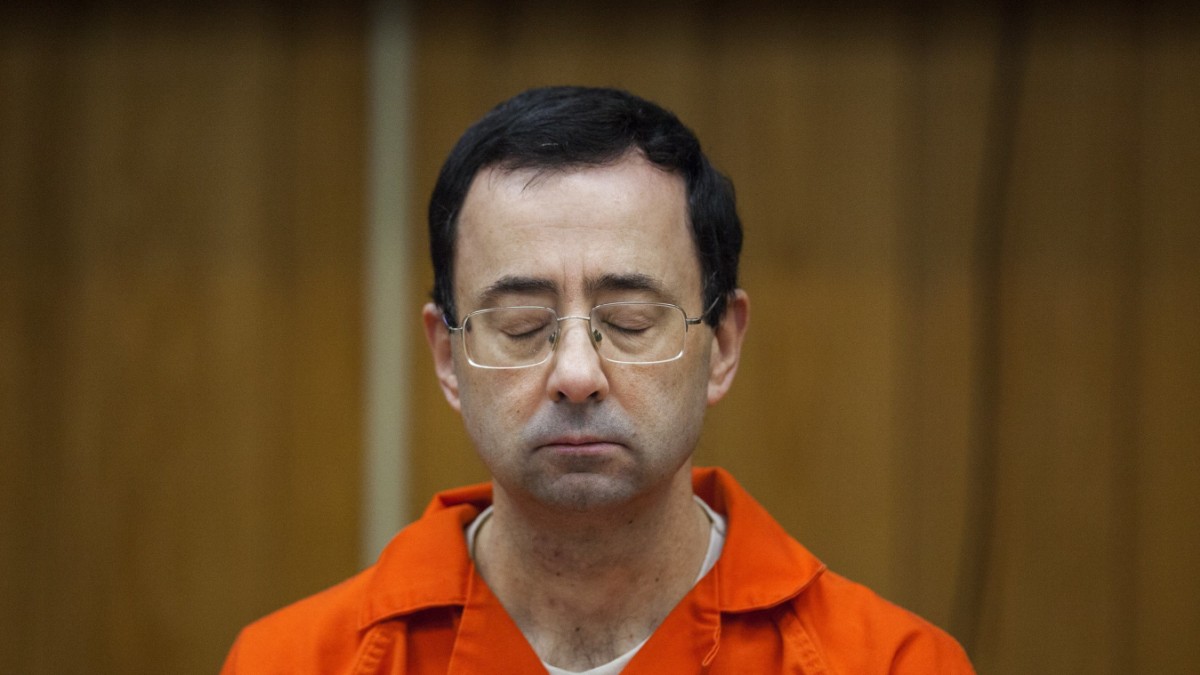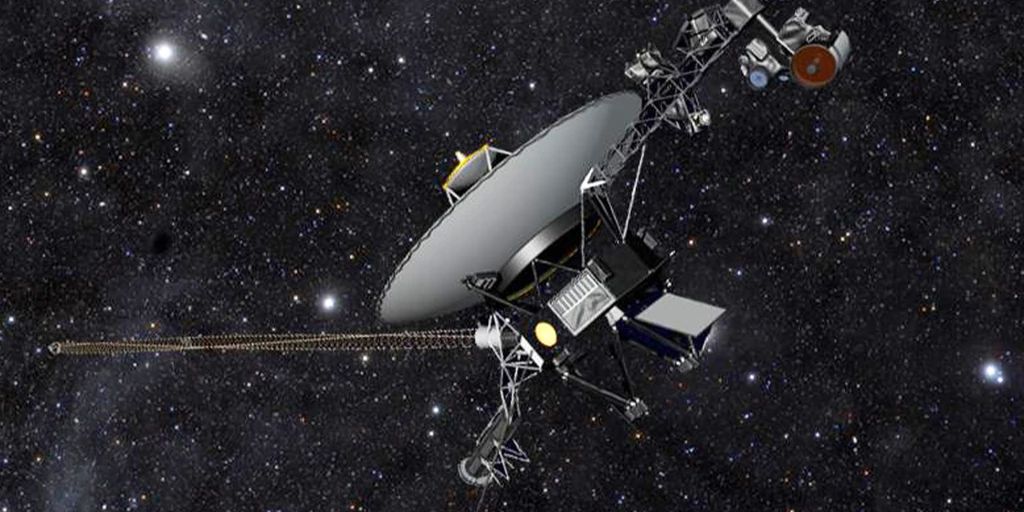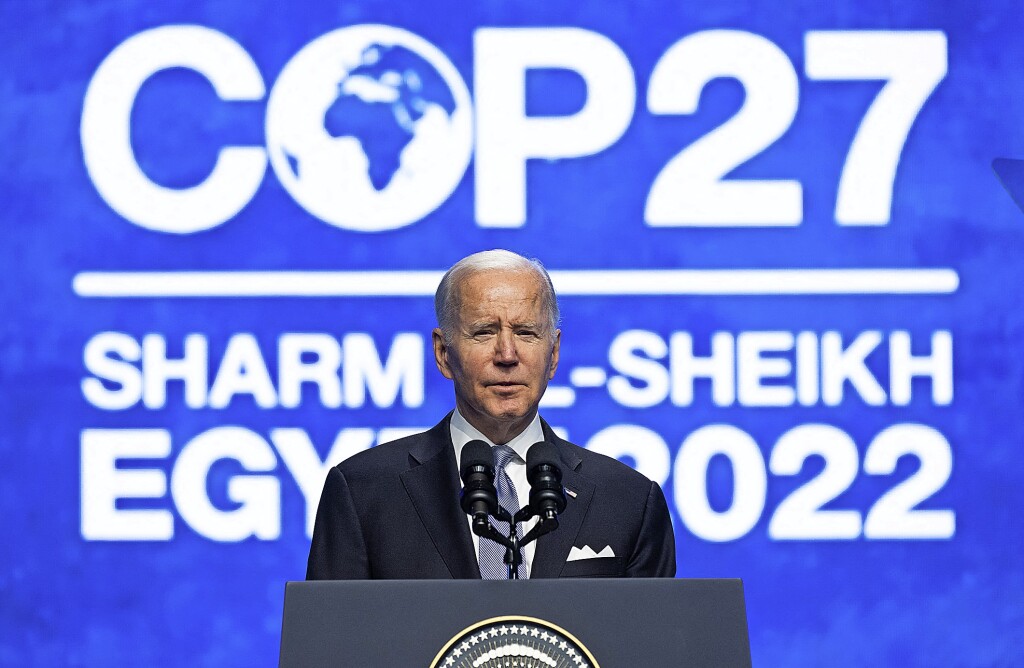Biden calls for more efforts to fight global warming / US likely to meet 2030 goals
. US President Joe Biden called for more action on climate protection at the 27th UN Climate Change Conference (COP27) on Friday. But while the U.S. is investing record amounts domestically in climate change, support for developing countries remains limited.
After a major defeat for the US Democratic Party in the midterm elections, Joe Biden can also be silent on climate protection. Its credibility rests on three bills passed this year that would free up huge sums to cut U.S. emissions: the “Inflation Reduction Act” alone includes $370 billion for climate protection over the next ten years. This means the U.S. is almost certain to meet its 2030 climate goal: a 50 percent reduction in emissions compared to 2005 levels. Because of the president’s veto power, Republicans cannot repeal these laws. Can control one or both houses of the US Congress.
In Sharm el-Sheikh on Friday, Biden called for more global efforts to protect the climate: “To permanently bend the emissions curve, every country must do its part. At this summit, we must increase our climate goals. America is acting, but everyone must act.”
Biden paid tribute to the damage caused by the climate crisis, not least in developing countries: “The climate crisis is hitting countries with the least resources to respond the hardest.” He reiterated America’s claim to leadership: “I took office to bring about fundamental change and position America as a credible leader on climate issues.”
However, a country’s credibility in climate policy does not depend only on the national climate target and the financial resources and legislation it initiates. It also supports poor countries. The 24 richest industrialized nations agreed in 2009 to provide $100 billion in climate aid to developing countries by 2020. However, the average so far is only US$80 billion.
For example, in 2020, the United States paid about eight billion US dollars to poor countries. Measured by the historical US share of CO2According to the climate information website Carbonbrief, emissions should be 40 billion. This year, Congress has only authorized $1 billion, while Biden has promised to raise the stipend to $11.4 billion a year.
Biden’s special envoy, John Kerry, tried to cover the issue by emphasizing the importance of other funding sources: Kerry wants multilateral development banks to invest more money in climate protection, while on the other hand he wants companies to participate in climate projects. For every ton of CO saved, these must be2 Get the relevant certificates and then they can offset their own emissions.
However, Jochen Flasbarth, the German State Secretary of the Ministry of Development, is not very enthusiastic about Kerry’s plan: “We have a certain doubt whether it is really intended to change the promises made by the industrialized countries to our partner countries.” If Republicans win a majority in the House of Representatives, they could cut the last billion from the budget in 2023. It doesn’t help that America spends billions on climate protection in its own country.

“Communicator. Entrepreneur. Introvert. Passionate problem solver. Organizer. Social media ninja.”





More Stories
Great Britain wants to increase defense spending to 2.5 percent of GDP
SWR and School of the Future / Journalist Frank Seibert looks for new school models in Dresden, Winnipeg (Canada) and Essen
New Law in Britain: Sunak's Rwanda Life Belt